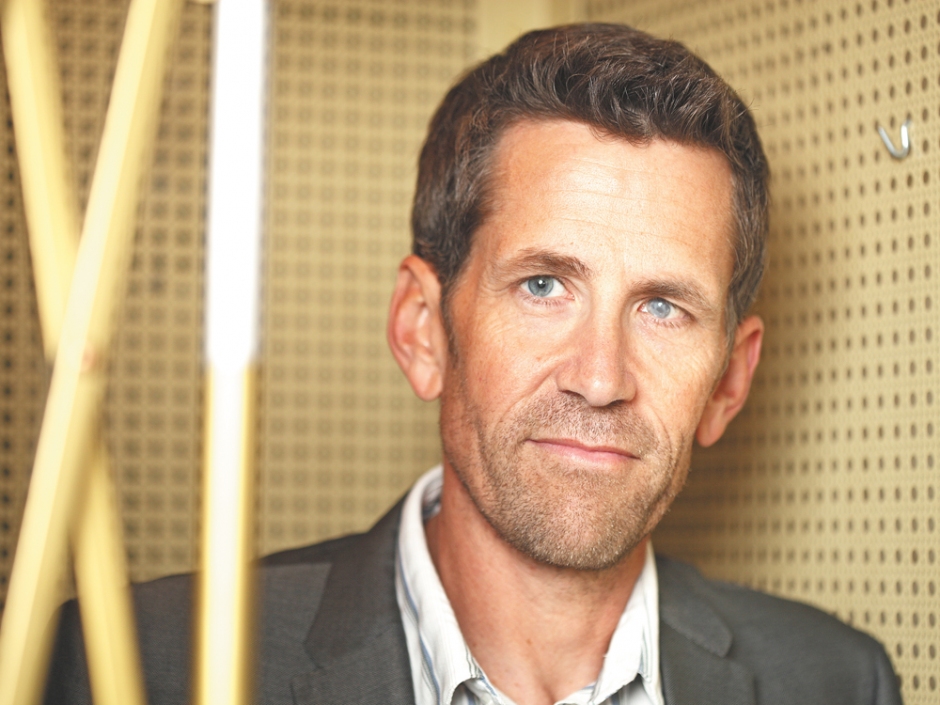William Kotzwinkle, The Bear Went Over the Mountain
 |
| Jess Walter |
So was Lippman telling the truth when she said she had read Walter's first book, which hardly anyone else had even seen? Perhaps she was. Lippman has something of a reputation at Writers in Paradise, where she is a regular, for seeming to have read everything. But every year when I attend the Writers in Paradise readings I am impressed at how familiar all the authors, not just Lippman, seem to be not just just with one another's books but with just about any other books that happen to be mentioned. Perhaps the key word in this paragraph is "seem."
I was amused by William Kotzwinkle's delicious satire of the publishing industry, The Bear Went Over the Mountain, especially by the passage cited above where the bear, now hailed as a best-selling author, praises other writers' books, and they praise his, even though none of them have actually read the books. Whether or not this is what is going on at Writers in Paradise every January, I suspect it happens frequently when authors get together. Most writers read a lot, but they can't read everything and still get their own writing done. And even if they did read everything, they probably wouldn't admire everything. But they wouldn't want to hurt anyone's feelings.
Most of us, in fact, have probably pretended to read something we haven't read. Students may write their book reports, essays or theme papers after only watching the movie or perhaps skimming through Cliff's Notes. Today's students can probably learn enough about any book to get a passing grade just by spending a few minutes on Google. Students, and perhaps even a few professional writers, have been known to list books as references that they never opened, and perhaps never even found in a library.
Do book reviewers always read the entire book before writing their reviews? How about publishers before they reject manuscripts? And then there are those book clubs, where everyone is supposed to read a particular book each month before it is discussed. How many members actually take the time to do more than read the book jacket and skim a few chapters?
We wish to appear smarter than we really are, and so depending upon which circles we live our lives in, we may just pretend to have read Proust or the current best sellers. When it comes to books, most of us are probably guilty of a little hypocrisy
No comments:
Post a Comment